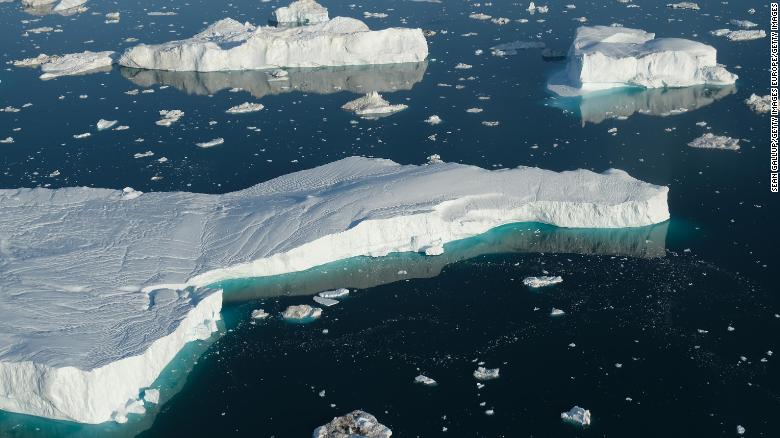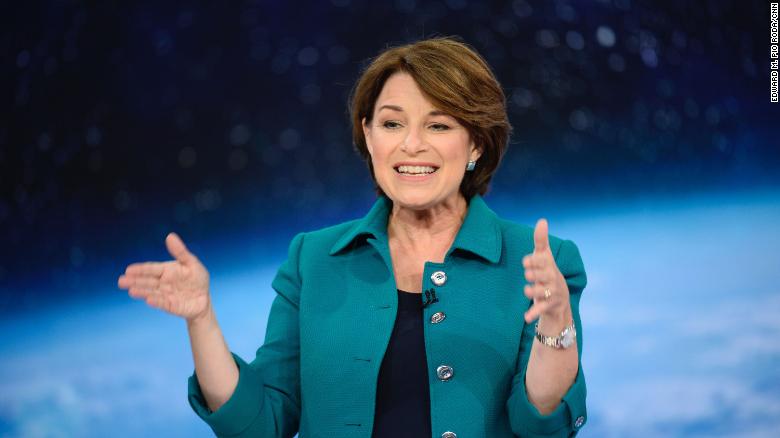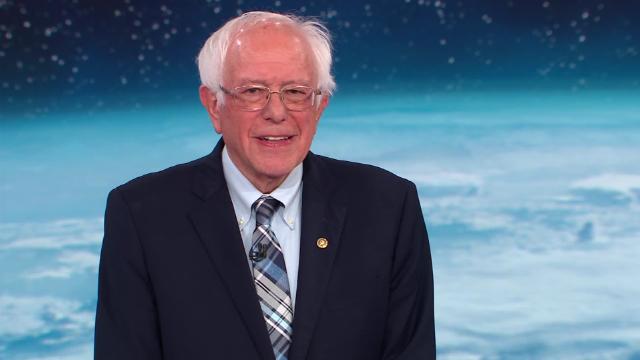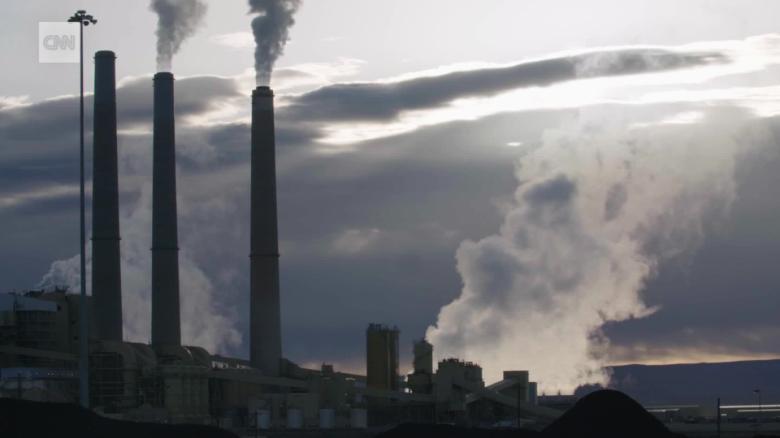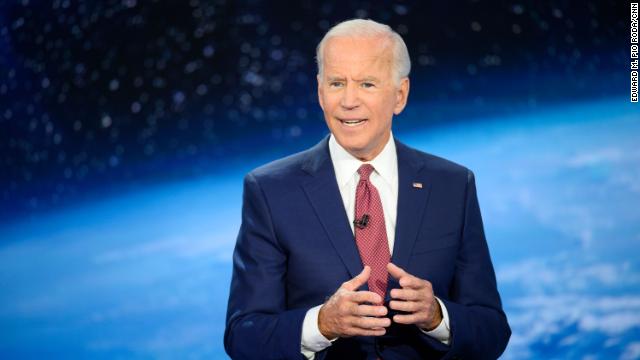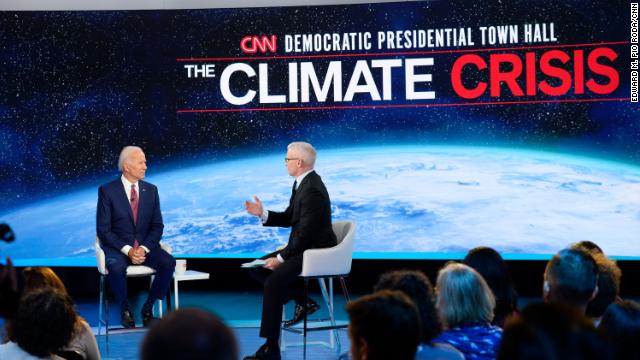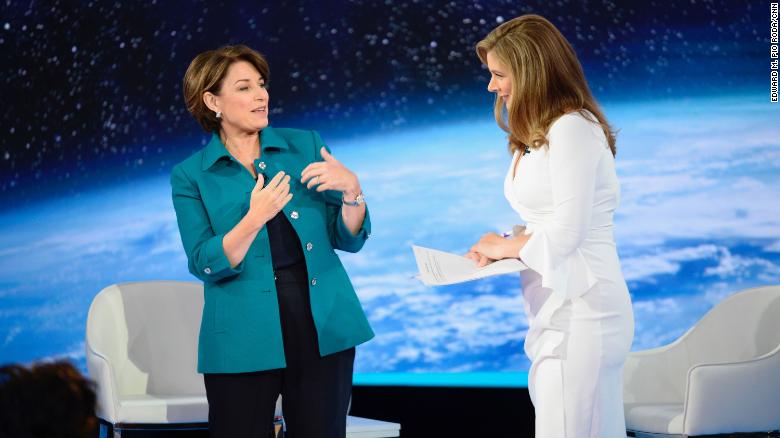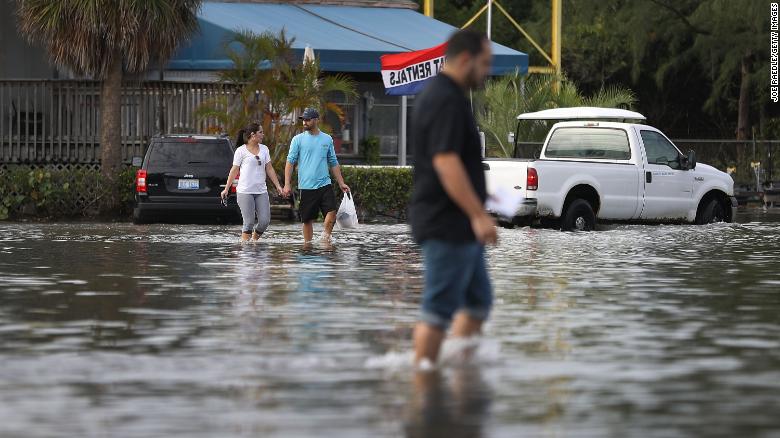
Communities all across our country are experiencing the effects of climate change. You hear it in the many questions being asked in this Democratic Town Hall. People are asking about the disparity in the effects of climate change based on income, race, gender or abilities, about the vulnerability of coastal communities and sea level rise, about our fossil-fuel economy’s health effects, or citizens who have lost their homes to wildfire.
Some of these individuals are fortunate to live in communities looking to develop strategies to reduce the impact. Participants in the National Adaptation Forum share these ideas across geographies and there is a whole database of these efforts waiting to be replicated by any of us. We can all work in our own communities, but it is slow going and a patchwork of small-scale actions is insufficient and inefficient in protecting us from many of the effects of climate change.
Isolated local action also creates climate haves and have nots since unfortunately some of the individuals asking questions at the town hall do not live in communities that are taking these issues into account in their local planning and investments. The "big change" that Senator Elizabeth Warren called for -- change that works for everybody -- means creating government structures that enable all communities to do what the vanguard is already undertaking.
Mayor Pete Buttigieg noted that “our national government has failed” and that correcting it will be a “major national project.” We urgently need a national approach if we are going to help citizens -- from Louisiana’s Isle de Jean Charles to native Alaskan communities to Paradise, California -- who are climate refugees. For them, local solutions cannot sufficiently address their problems.
This is not to say that local action is unnecessary. It is the driver of innovation. Our local community examples will inform our national solutions. If you’re taking local action, please keep it up! If you’re not taking local action, see if you can get something started. As many candidates have said tonight, we need all hands on deck. And those hands need to be coordinated.
Lara Hansen is the Chief Scientist, Executive Director and co-founder of the not-for-profit organization EcoAdapt, and co-author of Climate Savvy.
